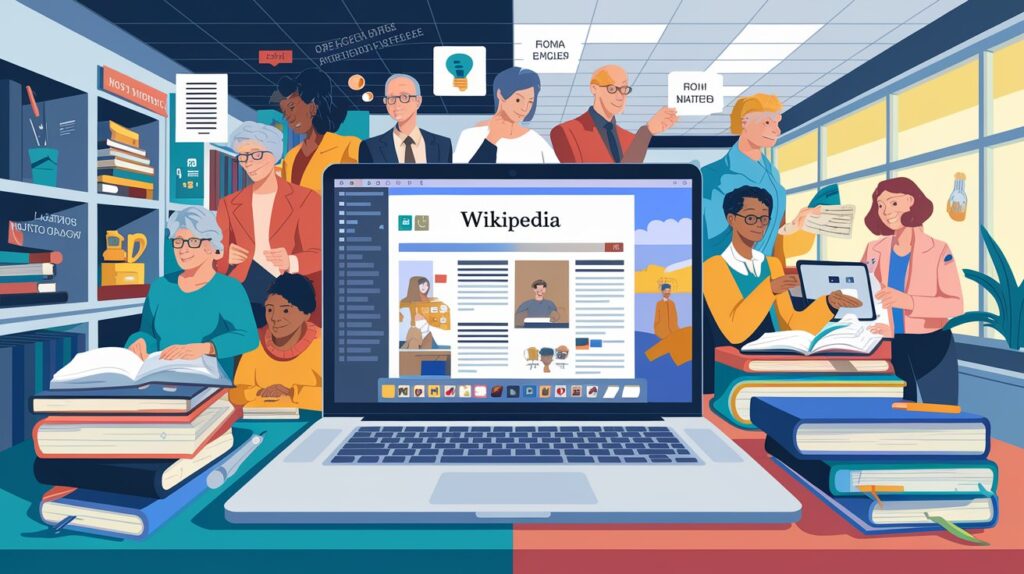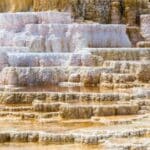Wikipedia, launched in 2001, has grown to be one of the largest and most visited websites globally, housing millions of articles in numerous languages. It’s become an indispensable resource, relied upon by millions for information across a vast range of topics. But why is Wikipedia so crucial in today’s digital age?
Wikipedia democratized knowledge-sharing, giving access to information that was once gated behind academic walls or expensive publications.
With articles spanning every conceivable subject, Wikipedia is the go-to source for learners, researchers, and curious minds.
Whether you’re a student, a teacher, or just someone looking to learn more, Wikipedia provides a comprehensive, instantly accessible platform for knowledge-sharing, driven by a unique combination of volunteers and technology.
The Evolution of Wikipedia: From Idea to Global Platform
Wikipedia journey began with a simple idea: to create a free and open encyclopedia that anyone could contribute to. Since its inception, it has undergone significant growth and change.
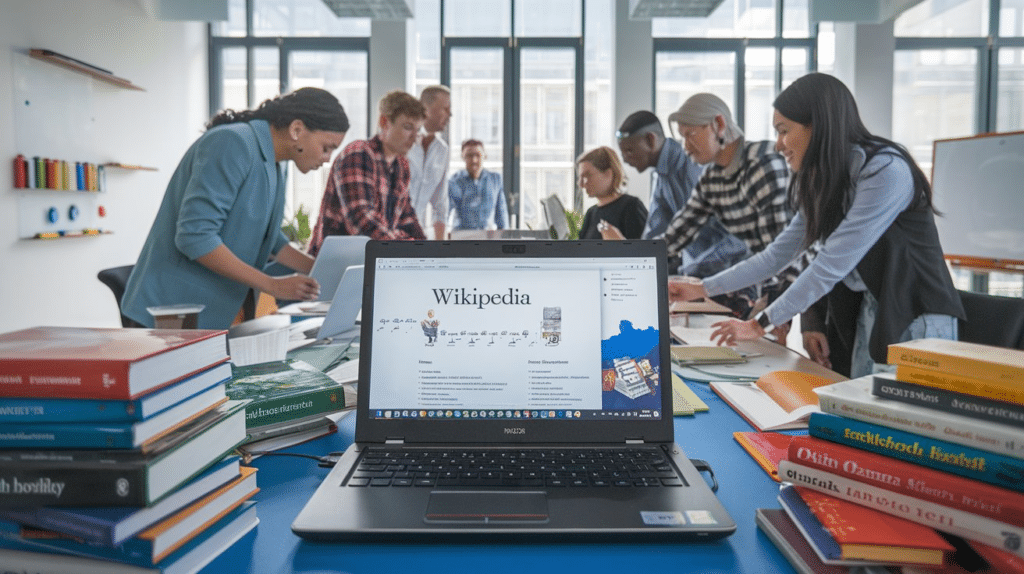
Key Milestones:
- 2001: Jimmy Wales and Larry Sanger launched it as a complementary project to Nupedia, a free online encyclopedia that required expert approval for content.
- 2004: It reached 1 million articles in English.
- 2024: It now has over 6.9 million articles in English and is available in over 300 languages.
Key Statistics:
- Number of Articles: Over 6.9 million articles in English alone.
- Languages Supported: Articles are available in over 300 languages.
- Active Contributors: It has millions of active contributors who continually update, edit, and maintain content.
Its growth is unparalleled in the digital age, transforming from a modest startup to a powerful force in the dissemination of global knowledge.
How it Works: The Power of Crowdsourcing
One of Wikipedia’s key strengths is its open-editing system. Unlike traditional encyclopedias, which experts write, this platform relies on crowdsourcing and allows anyone with an internet connection to edit or create content.
The Open Editing Model:
- Anyone Can Edit: It allows users to edit articles instantly, ensuring that information remains current and accessible.
- Editorial Guidelines: To maintain quality and reliability, Wikipedia enforces strict guidelines such as neutrality and verifiability.
- Watchlists and Reverts: A vast community of editors monitors articles, ensuring they quickly correct inaccuracies or vandalism.
Example:
- During the 2020 pandemic, thousands of contributors frequently edited and updated Wikipedia articles on COVID-19. The result was an up-to-date, comprehensive resource available to the public in real-time.
How It Works:
- Creating Articles: Any registered user can create new topics by following the established guidelines.
- Updating Articles: Contributors constantly update existing articles to reflect the latest information, sourced from reliable references.
- Discussion Pages: Articles feature a “Talk” page where editors can discuss changes, ensuring accuracy and consensus.
The Impact of Wikipedia on Education and Research
It has become an integral part of education, used by millions of students, educators, and researchers. Its ability to provide quick access to reliable and up-to-date information has reshaped how we learn and share knowledge.
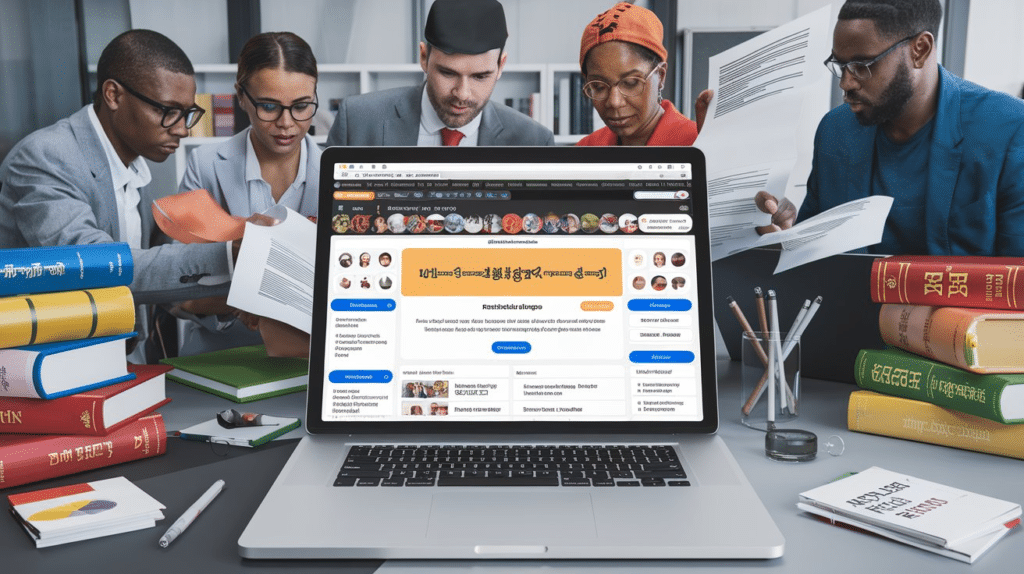
Educational Influence:
- Used by Students: According to reRecent studies show that 85% of students use it as a starting point for research.
- Teacher and Faculty Use: Educators often guide students to these articles, teaching them how to critically assess and cross-reference information.
Case Study:
- University of Oxford: Faculty at Oxford have integrated Wikipedia into their curricula, encouraging students to contribute to articles related to their fields of study.
It also plays a significant role in helping underfunded educational institutions access a vast amount of information without the barriers of expensive textbooks or subscription-based academic journals.
Benefits:
- Free Access: Wikipedia provides a free, open-access platform for knowledge.
- Global Learning: Students from around the world can learn from the same set of resources, breaking down barriers of access and inequality.
Role in Combating Misinformation
In the age of misinformation and fake news, this platform has emerged as a crucial tool in combating false narratives. Its editorial standards, community monitoring, and transparent sources make it a valuable asset in the fight against misleading information.
Wikipedia Reliability:
- Source Verification: Reliable sources must back all claims in these articles, often citing books, academic papers, or trusted news outlets.
- Vigilant Editors: Millions of editors worldwide quickly identify and correct misinformation.
Current Challenges:
- Vandalism: Though rare, vandalism can still affect articles, which is why it has a large community of editors who work around the clock to fix errors.
- Bias and Neutrality: Its policy of neutrality ensures that editors present articles without bias, making it a reliable reference source.
Example:
- 2016 U.S. Elections: During the U.S. presidential election, editors frequently updated and monitored articles related to candidates and political events to ensure they remained factual and unbiased.
The Future: Trends and Predictions
As it continues to grow, it faces new challenges and opportunities. The future of this open-source platform hinges on several factors, including technology, sustainability, and community engagement.
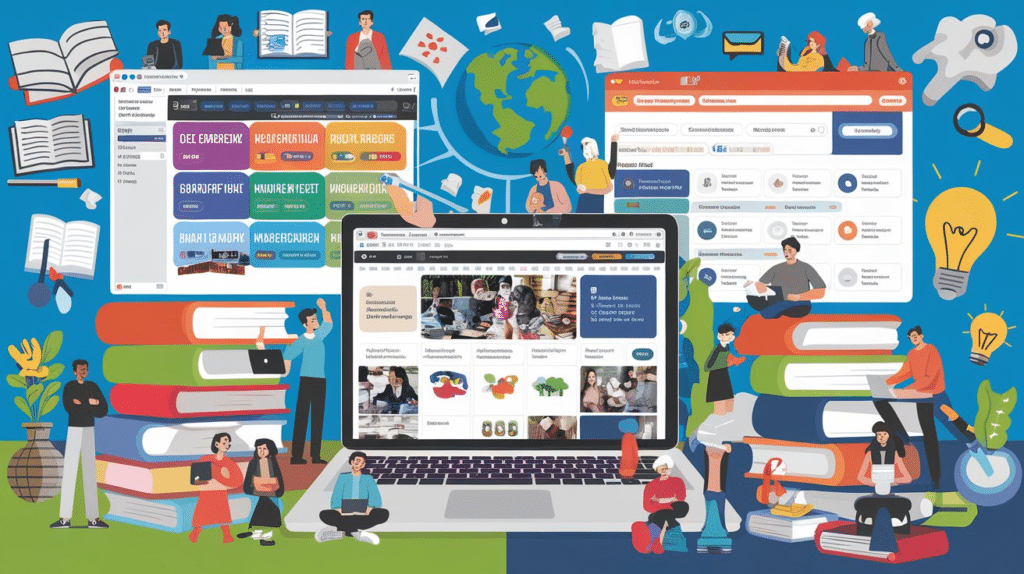
Future Trends:
- Artificial Intelligence: AI could play a larger role in content creation, helping to automate the process of article generation and updates.
- Increasing Language Coverage: It continues to expand in underserved languages, helping to reach a global audience.
- Content Expansion: With the continued growth of multimedia content, Articles may increasingly include video, audio, and interactive elements.
Predictions:
- Greater Collaboration: Future trends will likely involve more collaboration between this platform and academic institutions, particularly in the development of scholarly resources.
- Sustainability: It must also tackle issues like funding and sustainability, as it operates largely through donations from its users.
FAQs:
Who is the current CEO of Wikipedia?
Wikipedia does not have a CEO. It is run by the Wikimedia Foundation, which is led by an executive director.
What is Wikipedia?
Wikipedia is a free online encyclopedia that allows anyone to create and edit articles on a wide range of topics. It is available in many languages and is maintained by volunteers.
What is Wikipedia page?
Wikipedia’s main page is the starting point of the website, providing access to featured articles, news, and categories of content. It is designed to help users navigate the vast amount of information available on the site.
What is the French version of Wikipedia?
The French version of Wikipedia is called “Wikipédia” and is the French-language edition of the free online encyclopedia.
What is France famous for on Wikipedia?
France is famous for its rich history, culture, landmarks such as the Eiffel Tower, art, cuisine, and contributions to philosophy, science, and literature, all of which are detailed on its Wikipedia page.
Is there a Russian version of Wikipedia?
Yes, there is a Russian version of Wikipedia, called “Википедия” (Vikipediya), which features articles in the Russian language.
Can China use Wikipedia?
China blocks access to the main Wikipedia site. However, users in China can sometimes access Wikipedia through VPNs or other tools to bypass the restrictions.
Is there a Japanese version of Wikipedia?
The Japanese version of Wikipedia is called “ウィキペディア” (Wikipedia), and it is the Japanese-language edition of the free online encyclopedia.
Is there an Arabic Wikipedia?
The Arabic version of Wikipedia is known as “ويكيبيديا” (Wikipedia) and offers articles in Arabic on a wide range of topics.
Conclusion
Wikipedia has evolved from a small startup to a global phenomenon, becoming the world’s largest and most accessible repository of human knowledge. Its open-editing system, reliance on community oversight, and commitment to neutrality make it an invaluable tool for learning and research.
Visit Wikipedia today and discover the wealth of knowledge it has to offer. Whether you’re an academic, a hobbyist, or simply curious, Wikipedia is the resource that anyone can contribute to and benefit from.

Adim Smith is an experienced blogger at Match Starz, sharing in-depth insights on celebrities and athletes. With a passion for storytelling, he brings readers closer to the lives and achievements of today’s biggest stars.

